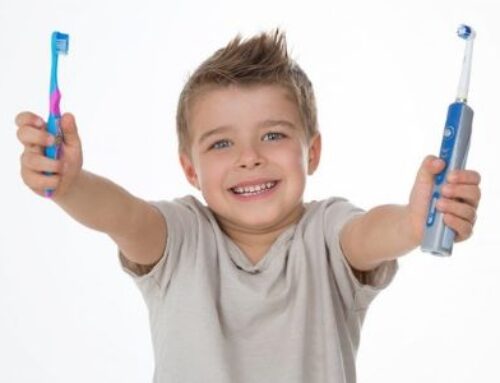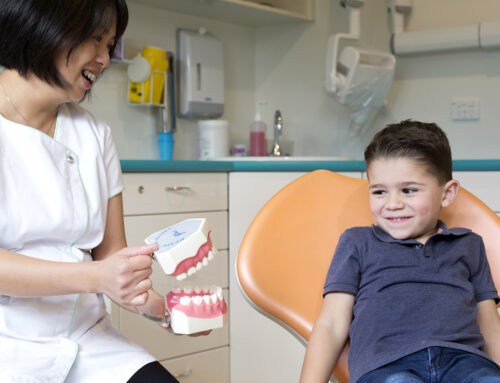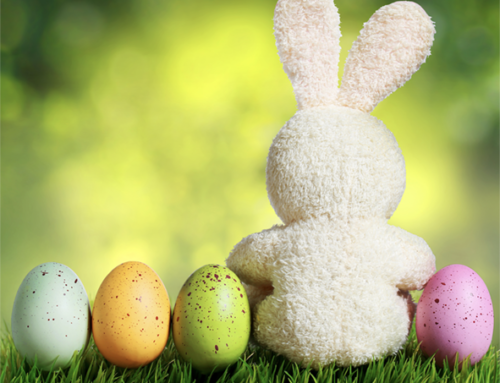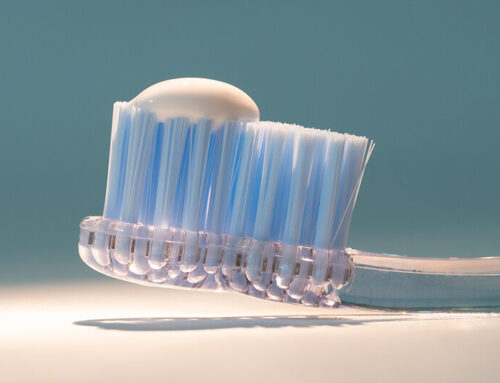Tooth eruption occurs when the tooth breaks through the gum, also known as teething. Teething is a great milestone in your baby’s development. The arrival of teeth can happen without causing any pain however, for some babies this can be an uncomfortable process and distressing for yourself and the baby. Teething usually begins anywhere from 6-9 months, in some cases this may be earlier or later.
Common signs and symptoms of teething include:
- Excessive drooling
- Red and swollen gums
- Chewing on objects
- Irritability or crankiness
- Sore or tender gums
- A slight increase in temperature but no fever
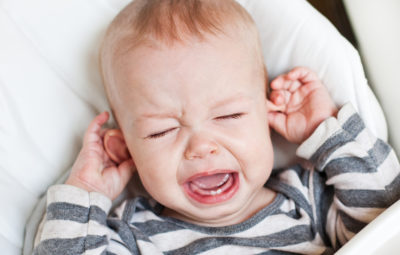
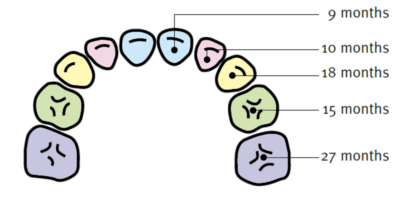
Here are a few tips on how to help your teething child:
Cuddle therapy – a little extra love, lots of hugs and cuddles will help to comfort and reassure your baby if they are distressed.
Cold Foods – Babies love to chew and bite to help soothe any discomfort, giving them anything cold will help to numb the pain. Yoghurt straight from the fridge, frozen fruit and vegetables are only a number of foods you can use to help soothe teething pain. Avoid smaller pieces of fruit or vegetables that can become a choking hazard or anything too hard that could bruise the gums and cause further pain.
Applying Pressure/Massaging – teething can cause the gums to become “itchy”. Applying some pressure can help to soothe sore points on their tender gums. Textured teethers and soothers (even refrigerated ones) are readily available for purchase. If these don’t work, you can always try a clean cold cloth.
Teething Gels – Teething gels (which contain some local anesthetic) can provide fast-acting and targeted relief eg. Bonjela Teething Gel. Look for one that is sugar-free and colour-free. Try gently massaging the gum while applying the gel with a clean finger.
Infant Medicine – Medicine that is specifically designed for babies such as, Nurofen for Children, for babies three months (over 5kg) to help with pain associated with teething and to reduce a raised temperature if there is one. We highly recommend parents to speak to their GP or child health nurse about whether pain-relieving medication is needed or suitable for your child.
Although teething pain can be challenging to manage, it won’t last forever! It’s a normal stage of your child’s development. Once all baby teeth erupt (usually by the age of 2), it’s time to take your child for their first dental check-up.
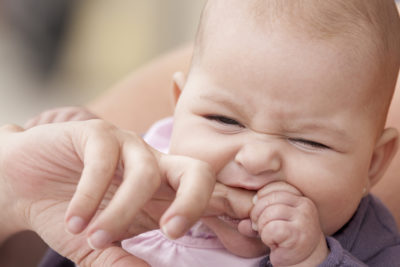
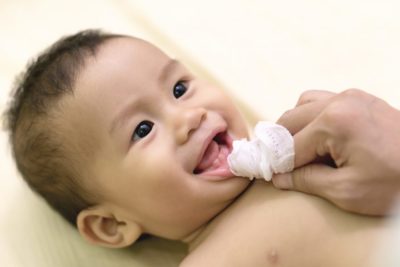
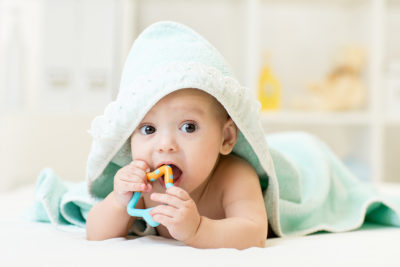
OUR TOP TIPS:
1. Avoid putting soothers or teething rings in the freezer as this can cause burns to the delicate soft tissues in your baby’s mouth.
2. If you see any abnormalities within the enamel of your baby’s erupting teeth (such as discolouration or pitting), book in with your dentist.
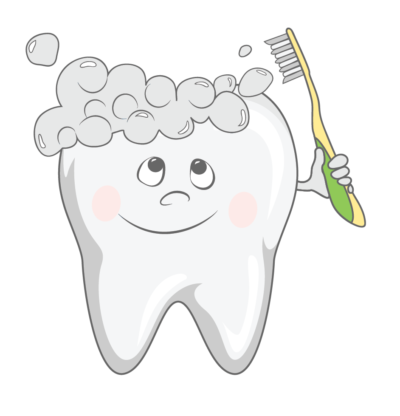
OUR FREQUENTLY ASKED QUESTIONS!
USEFUL DENTAL RESOURCES AND FURTHER READING
For more information on when to expect your Childs baby teeth and why they are so important head to our blog…
https://www.kiddiesdentalcare.com.au/baby-teeth-when-should-they-show-2/
Thanks to our wonderful Oral Health Therapist, Carlee.
She works at both Essendon clinics.
If you would like to talk to her or any of our amazing team, about this or any other questions you may have, please contact us on 03 9372 8960.

